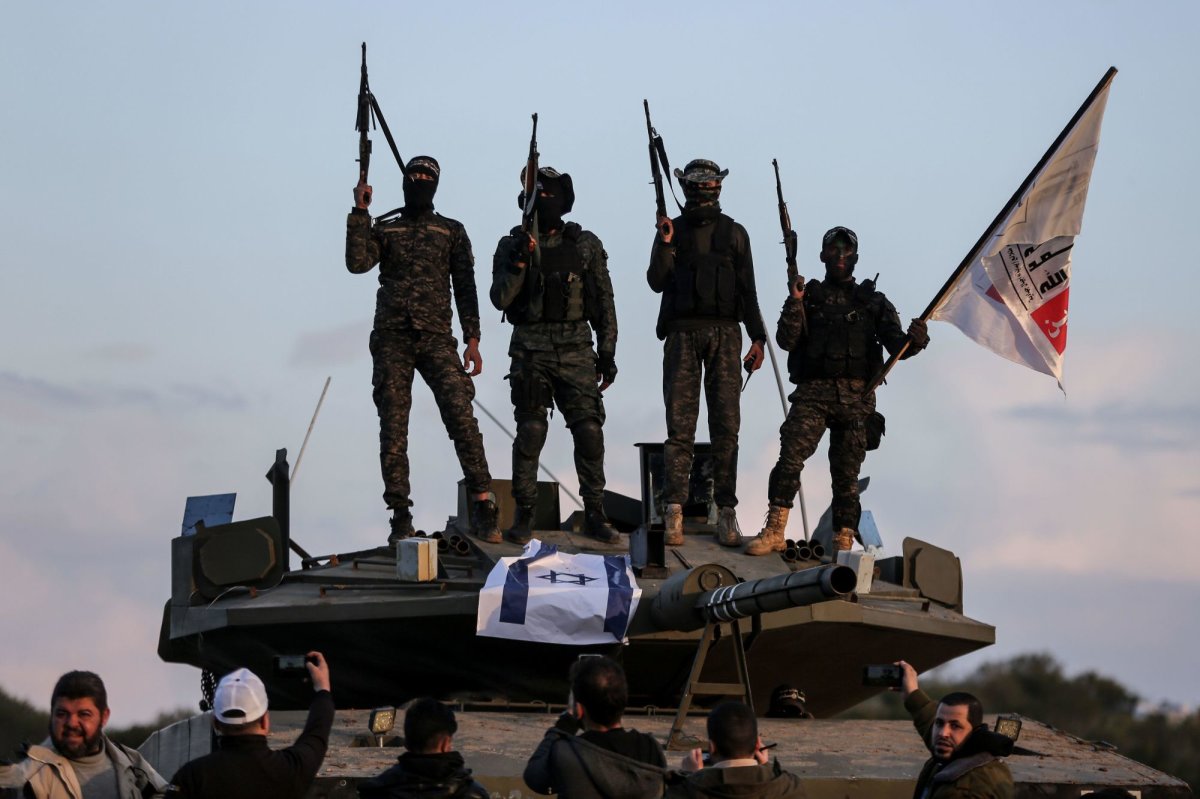The Global Impact of Armed Conflicts
Over the past five years, there has been a significant rise in armed conflicts worldwide, leading to increased casualties and suffering.
While conflicts in regions like Gaza and Ukraine often dominate headlines, it’s crucial not to overlook the lesser-discussed crises in countries such as Ethiopia, Sudan, Myanmar, and Yemen. These conflicts, along with the looming threat of war in areas from Guyana to North Korea, have far-reaching humanitarian and economic consequences that affect vulnerable populations.
Moreover, the repercussions of these conflicts extend beyond borders, posing direct threats to global economies and security. For instance, the flow of drugs from Colombia and Venezuela through conflict zones in West Africa fuels extremism and impacts the UK’s streets. Attacks by groups like the Houthis in the Red Sea disrupt maritime trade, potentially leading to economic instability.
The Need for Effective Response
Despite the interconnected nature of these conflicts, the response from both individual countries and the international community has been inadequate. There is a recurring failure to learn from past mistakes and proactively address escalating tensions before they erupt into full-scale wars.
It is essential to move beyond categorizing these conflicts as ‘too difficult’ and invest the necessary resources in conflict prevention and resolution efforts.
Opportunities for Change
Following the Brexit campaign, the UK’s role as a foreign policy actor has diminished. However, Brexit also presents an opportunity for the UK to redefine its approach to conflict resolution. Outside the EU, there is greater flexibility to engage with diverse groups and explore innovative peace-making strategies.
Building on lessons from past peace processes, such as those in Northern Ireland, the UK can leverage its diplomatic assets and expertise to play a more significant role in global conflict resolution.
A Call for Political Will and Strategic Investment
A recent report titled ‘Progressive Realist Peace-making’ outlines a roadmap for the UK to enhance its involvement in conflict prevention and resolution as a core aspect of its foreign policy agenda. This initiative requires political commitment, increased funding, and a long-term strategy to effectively engage with conflict-affected regions.
By prioritizing sustained engagement and adopting a clear rationale for intervention based on moral and pragmatic considerations, the UK can make a meaningful impact in conflict zones like Libya, Yemen, and the Sahel.
The Path Forward
If elected, a new government led by figures like David Lammy could spearhead a revitalized approach to international relations, emphasizing peace-making as a cornerstone of UK foreign policy. This shift towards proactive conflict resolution could help restore the UK’s reputation as a responsible global actor.
















































